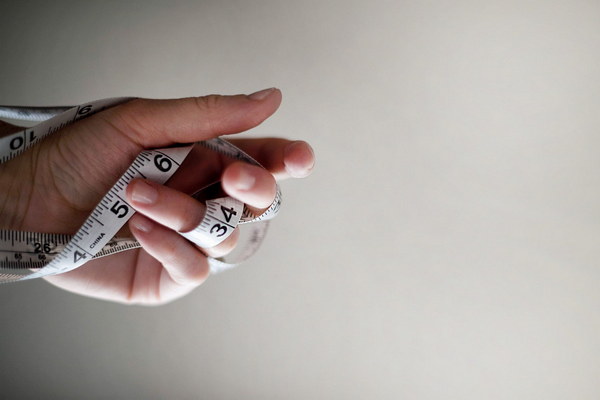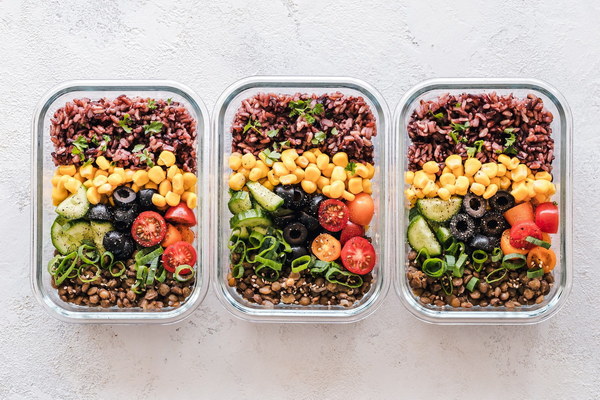Revitalizing Liver and Kidneys Effective Tips for PostExcessive Drinking Recovery
Introduction:
Excessive drinking can take a toll on the body, particularly the liver and kidneys, which play crucial roles in detoxifying and filtering out harmful substances. If you've indulged in too much alcohol, it's essential to take steps to nurture and rejuvenate these vital organs. In this article, we'll explore effective strategies to support liver and kidney health after a night of overindulgence in alcohol.
1. Hydration is Key
One of the first steps in post-excessive drinking recovery is to rehydrate your body. Alcohol is a diuretic, which means it causes increased urine production and can lead to dehydration. Drinking plenty of water helps flush out toxins and aids in the regeneration of liver cells. Aim to drink at least eight glasses of water throughout the day to replenish lost fluids and support kidney function.
2. Nourish Your Body with Healthy Foods
After excessive drinking, your body will be in need of essential nutrients to help repair damaged tissues. Incorporate a balanced diet rich in fruits, vegetables, lean proteins, whole grains, and healthy fats. Fruits like oranges and kiwis are high in vitamin C, which supports liver detoxification. Leafy greens like spinach and kale are packed with antioxidants that protect against liver damage. Additionally, foods like garlic, onions, and cruciferous vegetables can help stimulate liver enzymes and aid in detoxification.
3. Cut Down on Processed Foods and Sugar
Processed foods and excessive sugar intake can exacerbate liver inflammation and hinder recovery. Minimize your consumption of these foods, as they can contribute to further damage to your liver and kidneys. Opt for whole, unprocessed foods to provide your body with the necessary nutrients to heal.
4. Get Adequate Sleep
Sleep is essential for the body's healing process. Alcohol can disrupt your sleep patterns, leading to fatigue and impairing your body's ability to repair itself. Aim for 7-9 hours of quality sleep each night to allow your liver and kidneys to regenerate and function optimally.
5. Exercise Regularly
Physical activity boosts blood flow, which helps transport nutrients and oxygen to your organs, promoting healing. Engage in moderate-intensity exercises like walking, cycling, or swimming for at least 30 minutes most days of the week. Exercise also helps reduce stress, which can further strain your liver and kidneys.
6. Consider Supplements
While a healthy diet should provide most of the necessary nutrients, some supplements can support liver and kidney health. Consult with a healthcare professional before taking any supplements, as some can interact with alcohol or have adverse effects. Popular supplements for liver and kidney support include milk thistle, artichoke extract, and N-acetyl cysteine (NAC).
7. Limit Alcohol Consumption
Prevention is the best way to protect your liver and kidneys. After experiencing the negative effects of excessive drinking, it's crucial to limit your alcohol consumption. Set personal limits and stick to them, or consider taking a break from alcohol altogether to allow your organs to recover fully.

Conclusion:
Recovering from excessive drinking requires time, patience, and dedication. By focusing on hydration, nutrition, sleep, exercise, and limiting alcohol intake, you can support your liver and kidneys in their journey to rejuvenation. Remember, taking care of your body's vital organs is crucial for overall health and well-being.









